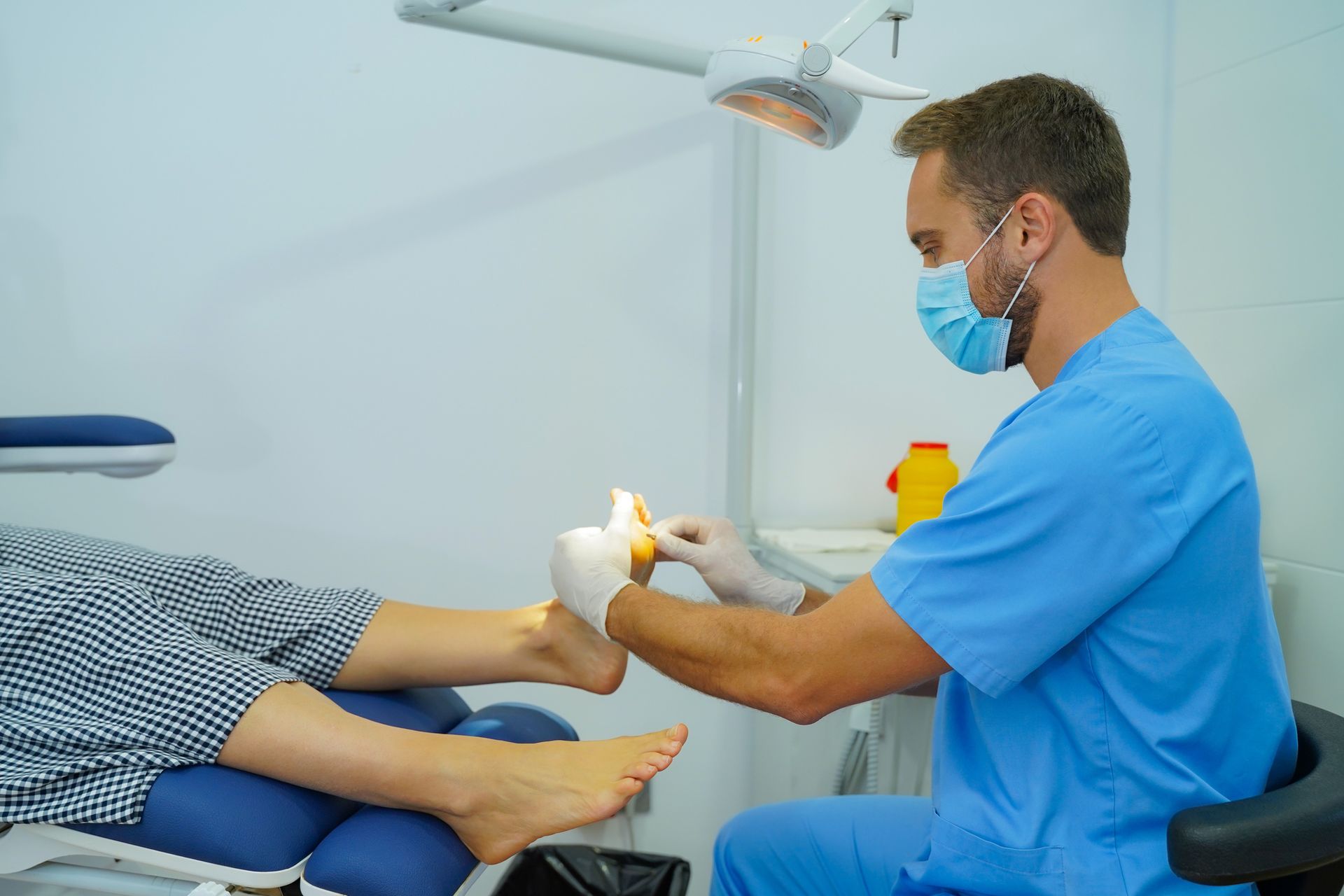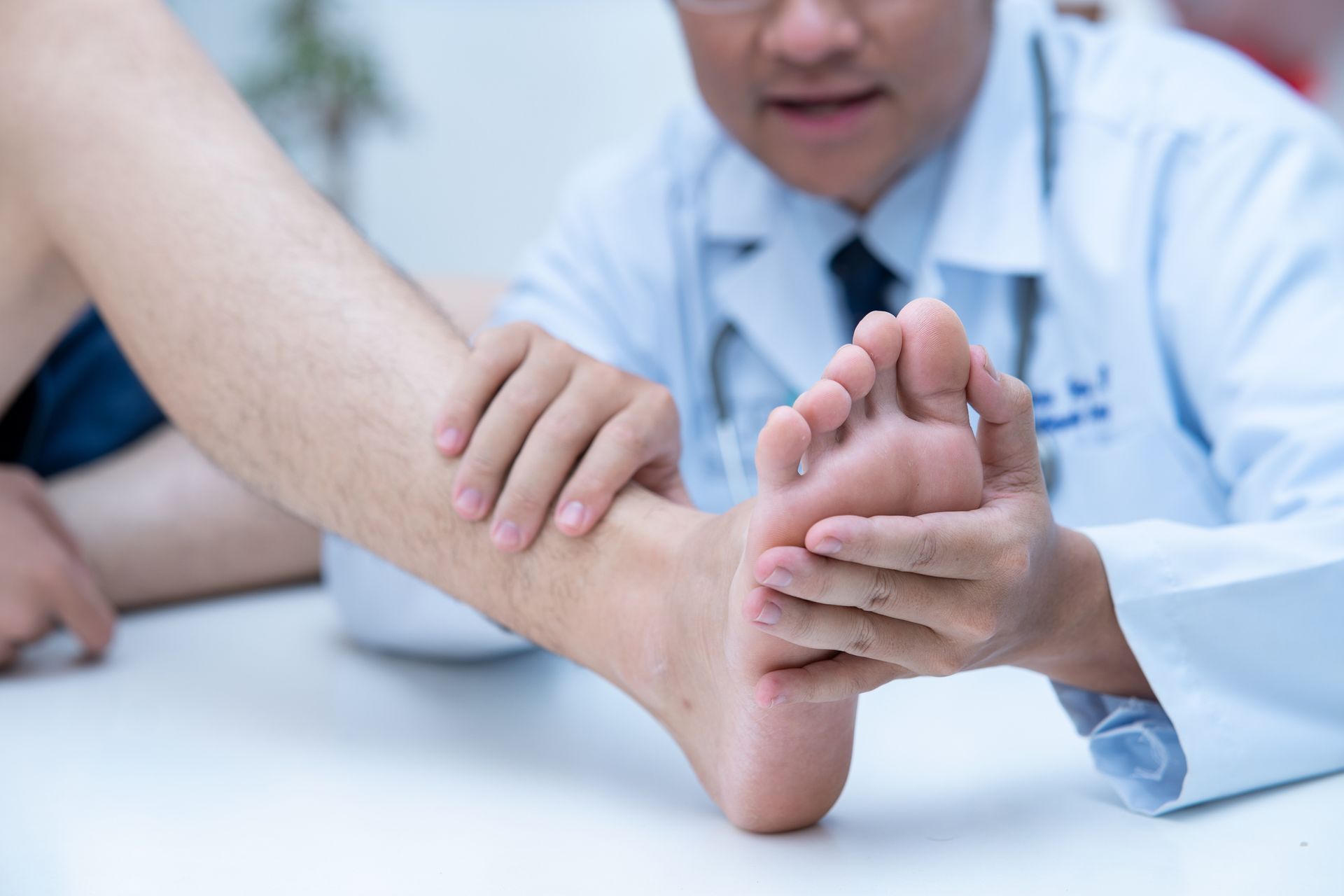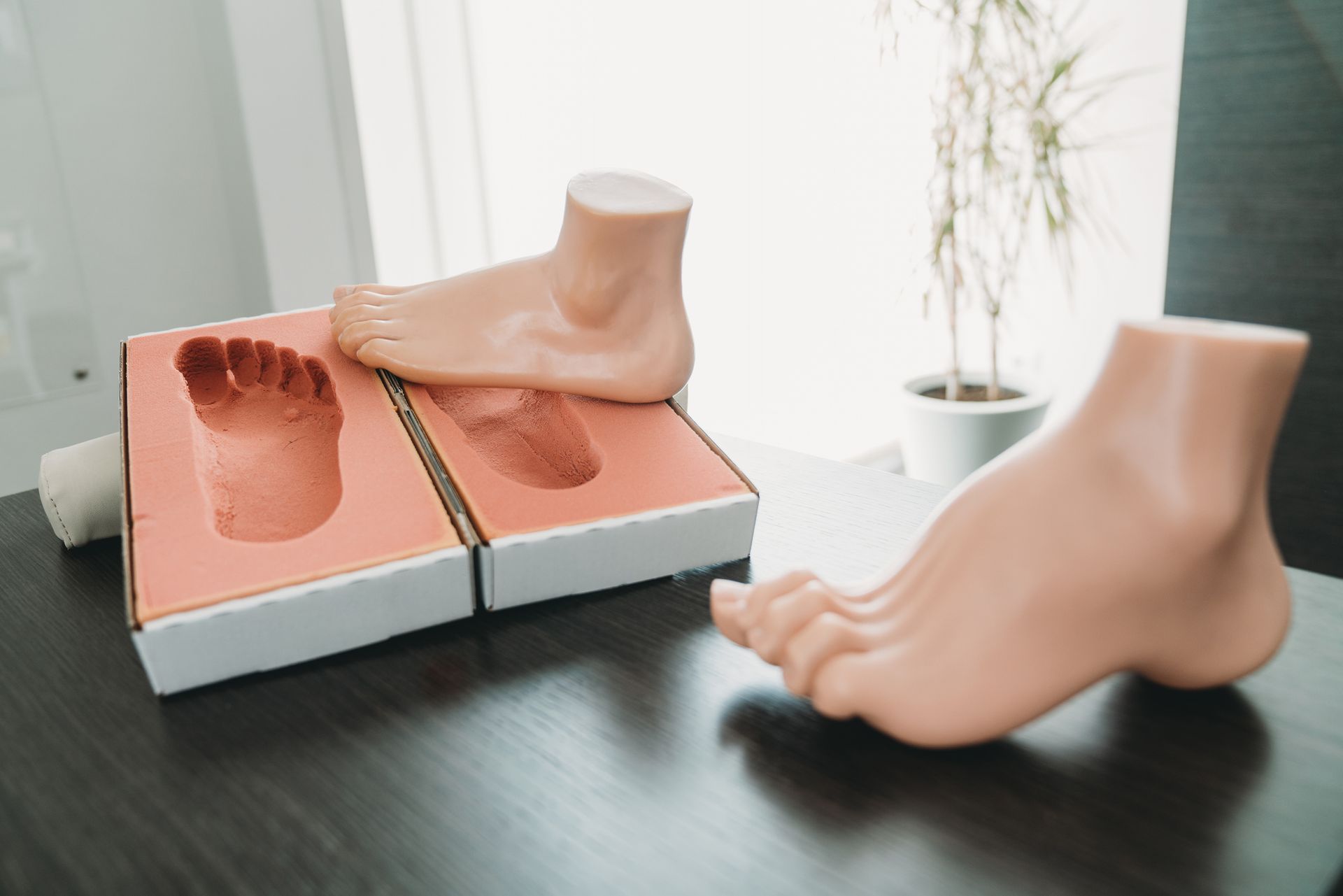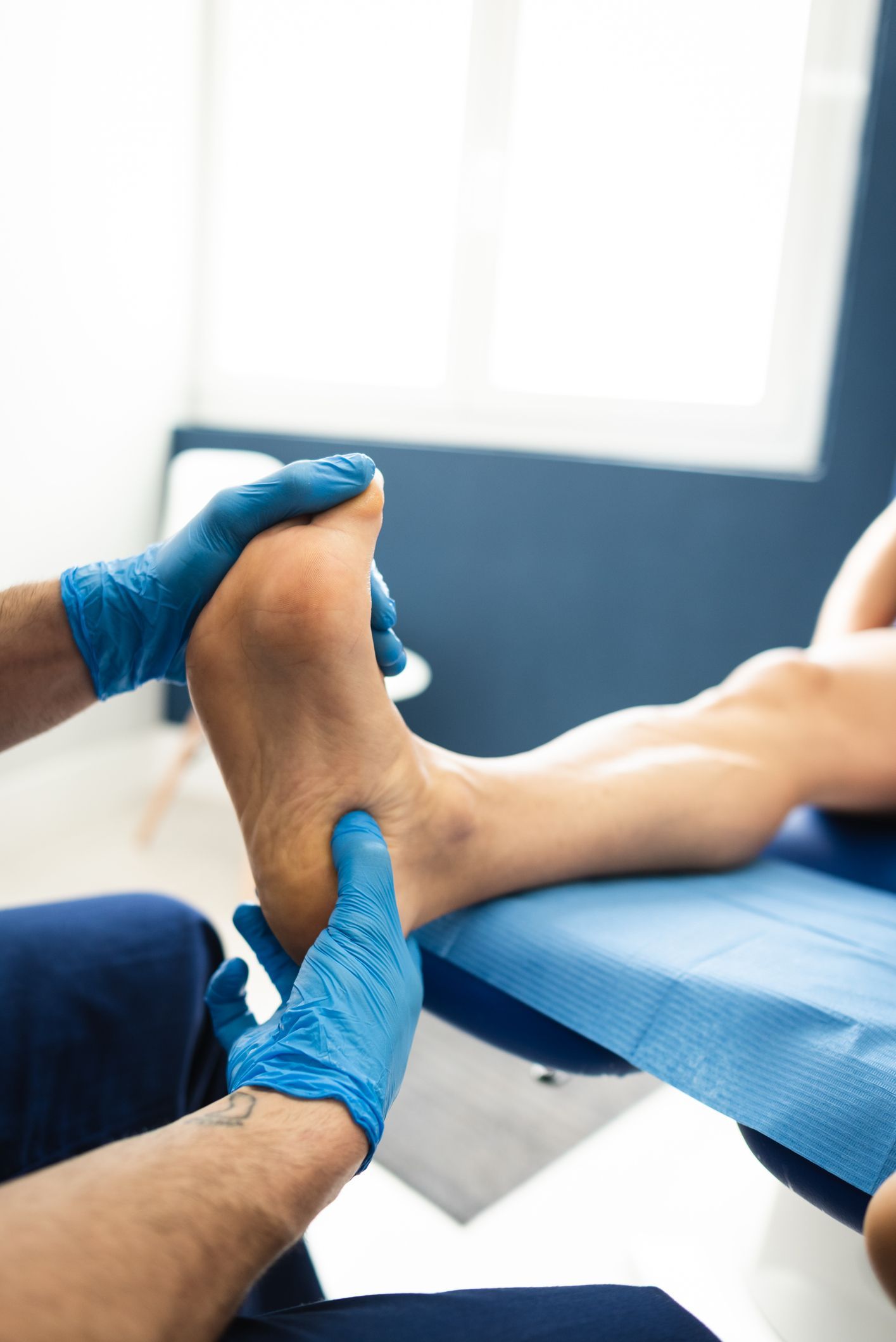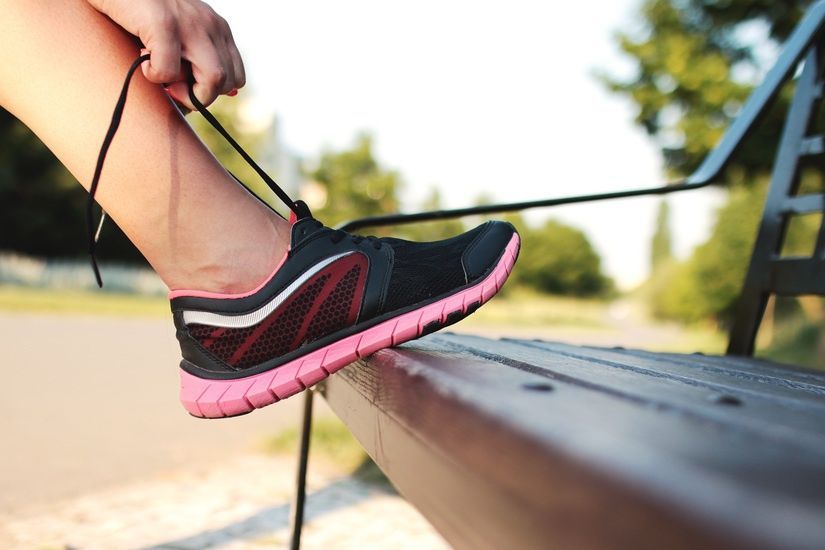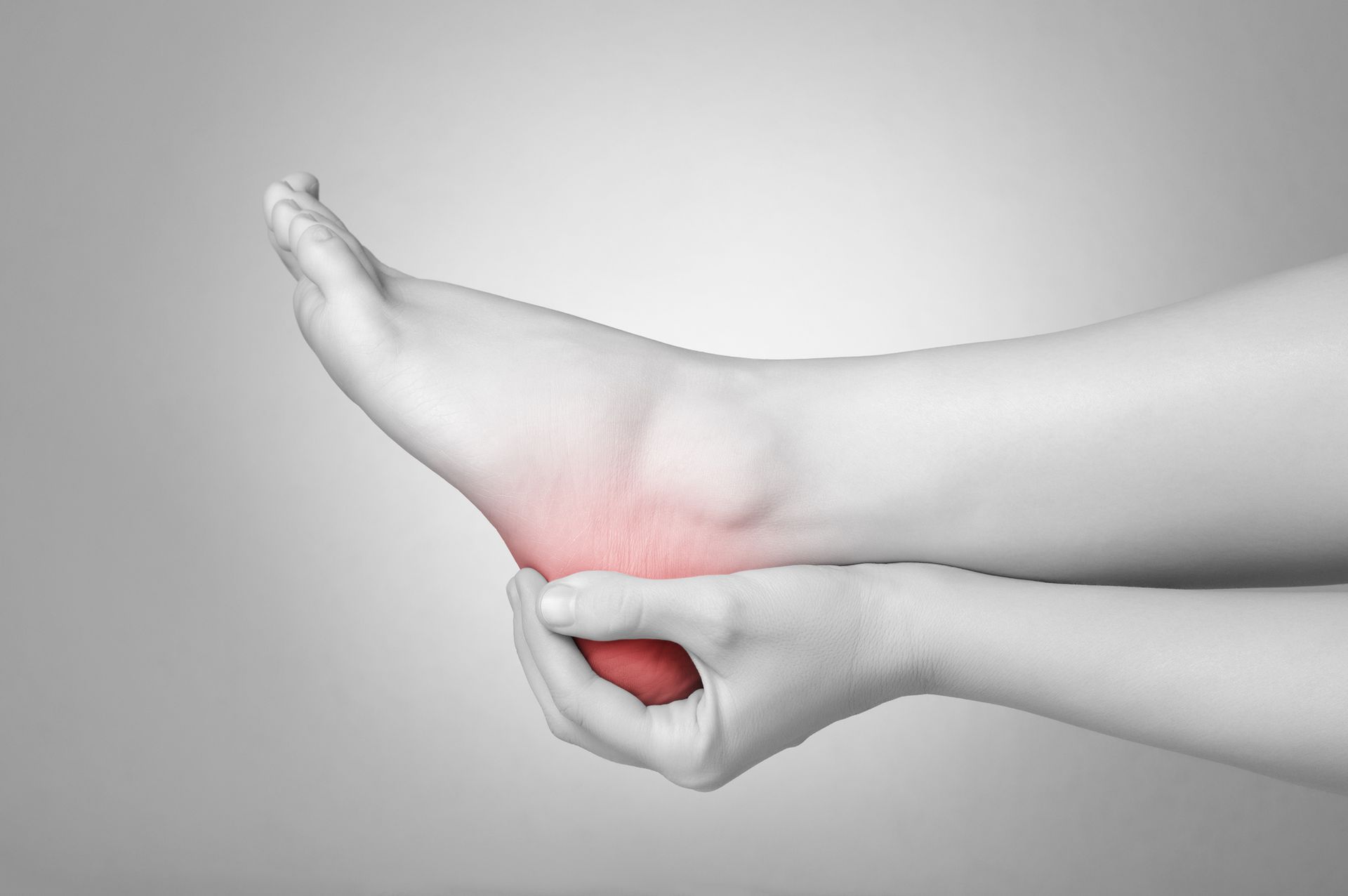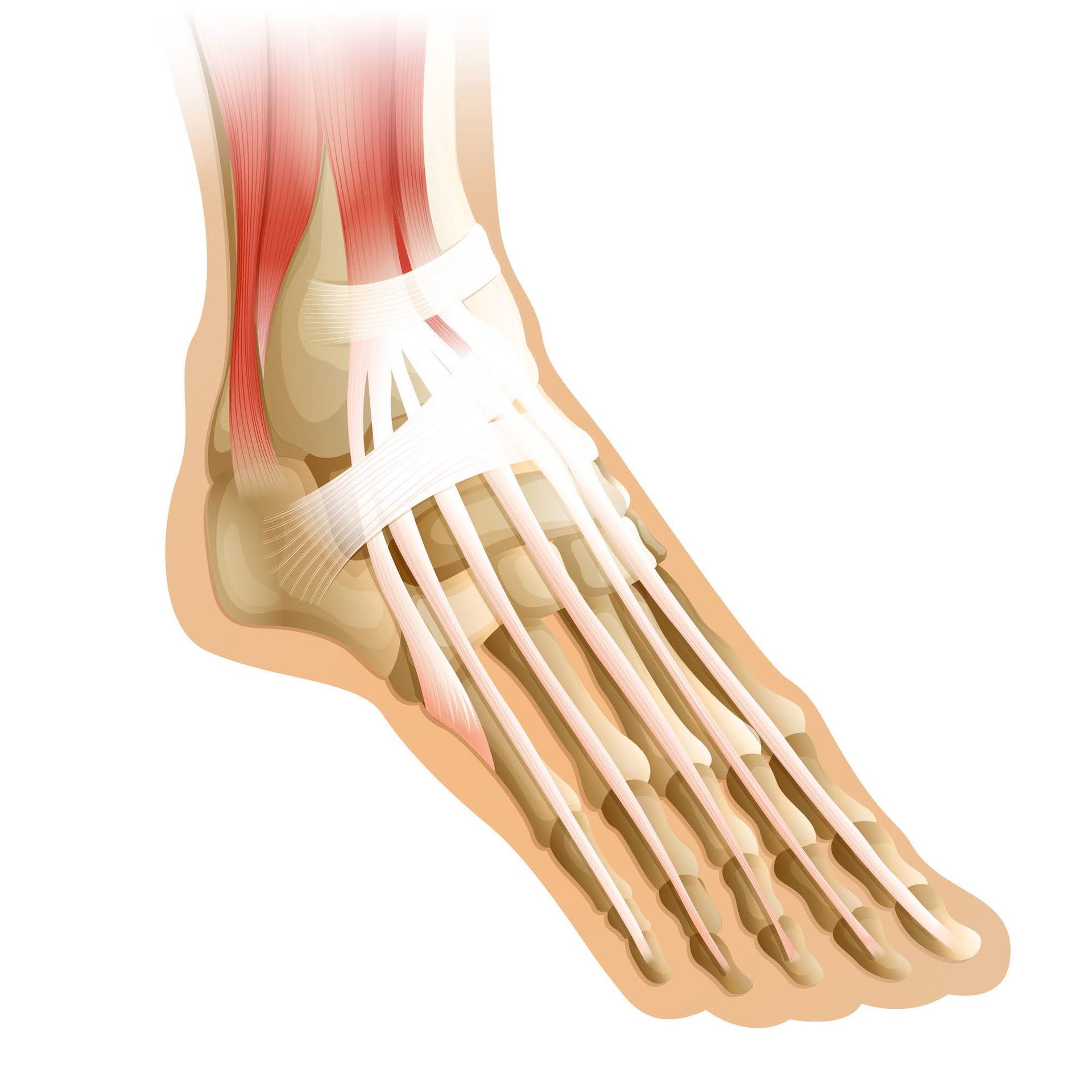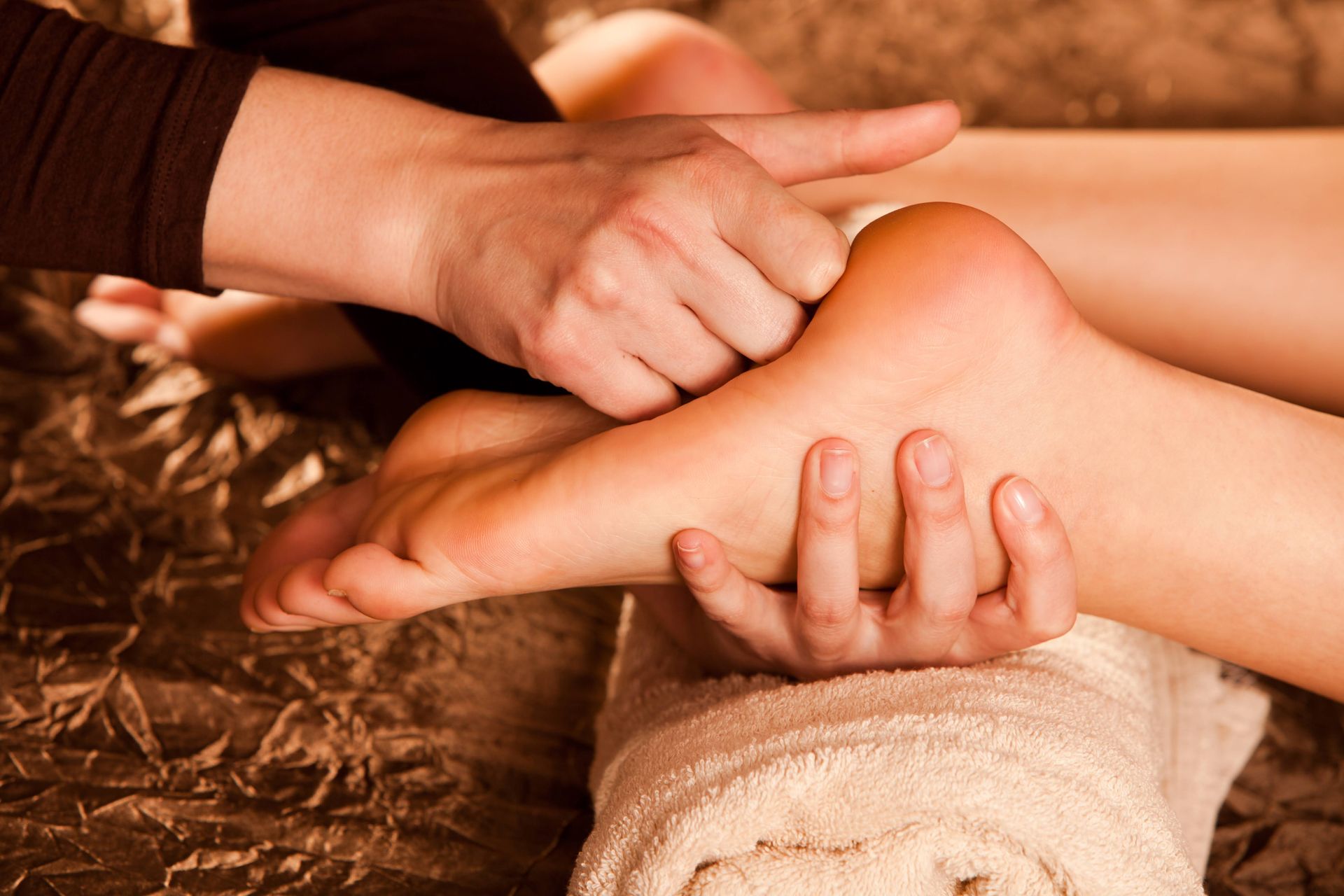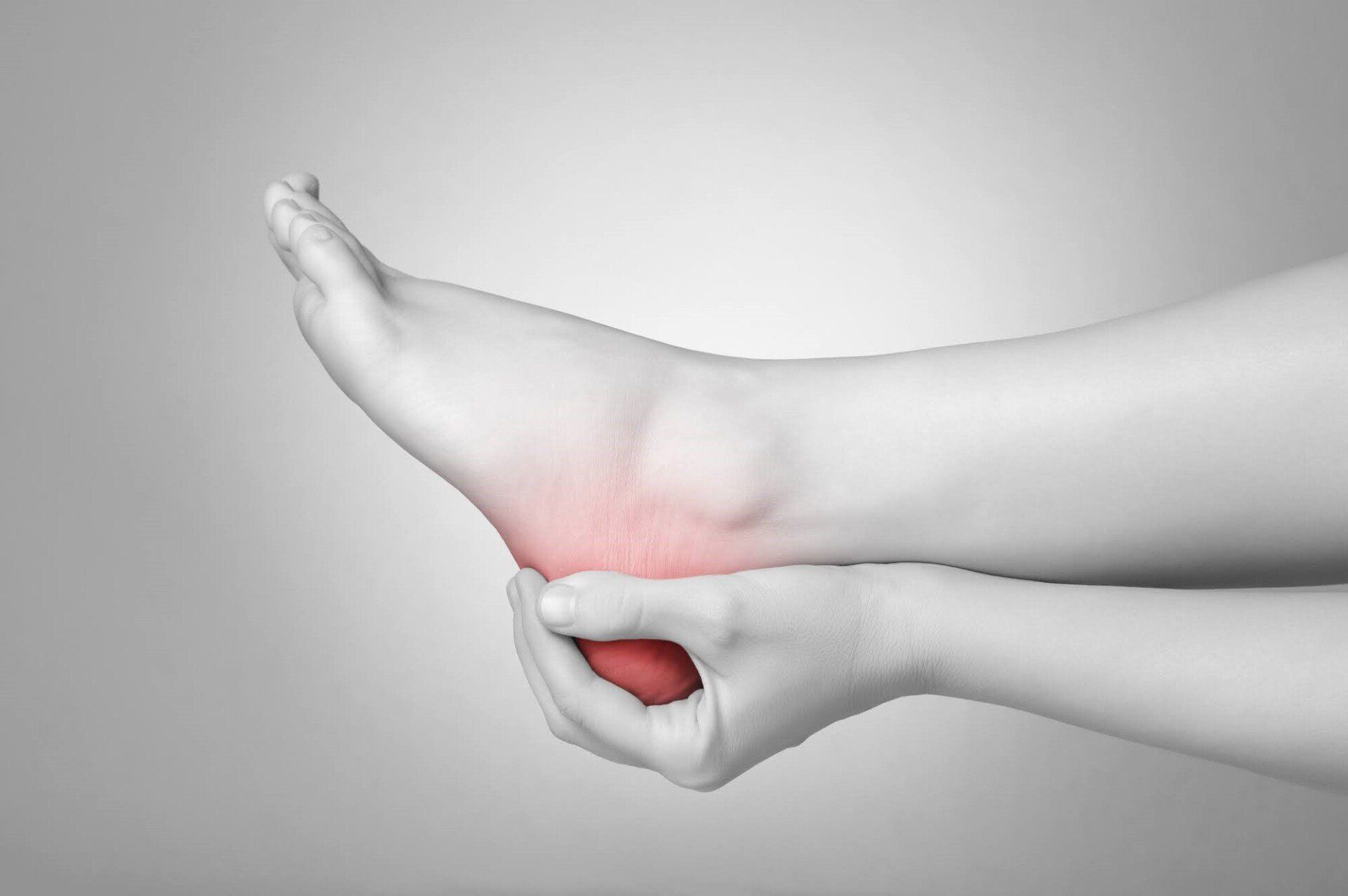Is Your Weight Causing Problems With Your Feet?
It's no secret that being overweight can cause a whole host of health problems. But did you know your feet can be particularly susceptible to issues if you carry extra weight? The fact is, feet are the body's foundation, and they bear the brunt of your weight every day. When you're overweight, that pressure can take a toll on your feet, leading to conditions that can be painful and even disabling.
This blog post takes a closer look at a few common issues that overweight people may experience with their feet and how to manage them.
Calluses and Corns
Calluses and corns are thick, hardened layers of skin that form due to repeated pressure and friction. When someone is overweight, the additional weight exerts more pressure on the feet, particularly in areas that bear most of the body's weight, like the balls of the feet and the heels.
This heightened pressure can accelerate the development of calluses, which typically appear as large, diffuse areas of thickened skin on the bottom of the foot.
Corns, on the other hand, are smaller than most calluses and have a firm center encompassed by inflamed skin. They tend to form on non-weight-bearing parts of the feet, like the tops and sides of your toes and even between your toes.
When you're overweight, your feet might swell, causing your shoes to fit improperly and rub against your skin. This friction, combined with the additional weight and pressure, can lead to the formation of painful corns. In addition, overweight individuals can also develop calluses and corns due to poor posture as a result of carrying extra weight.
A podiatrist can offer solutions such as custom orthotics or shoe inserts to distribute weight more evenly and alleviate pressure points that contribute to calluses and corns. Regularly using pumice stones or foot files can also help reduce the buildup of thickened skin to prevent calluses and corns from growing larger. In some cases, surgical options may be necessary to remove particularly large calluses or corns.
Bunions
Bunions are another common foot problem that can be exacerbated by carrying extra weight. These bony protrusions develop at the point where the base of your big toe connects with the foot.
Typically, the bones in this area are aligned straight, allowing your weight to distribute evenly when you walk. However, when you're overweight, the added pressure on your feet can force the toe joint out of alignment. This causes the big toe to lean toward the other toes, forming a bony protrusion known as a bunion.
Carrying extra weight not only increases the risk of developing bunions but it can also exacerbate the pain and discomfort associated with them. The added pressure on the foot from excess weight can cause the bunion to enlarge and become more uncomfortable over time.
Tight or ill-fitting shoes, commonly worn by people with swollen feet due to being overweight, can also worsen bunion pain. Tight shoes can push the big toe inwards, exacerbating the misalignment of the toe joint.
Aside from weight loss, which can alleviate pressure on the foot and slow down bunion growth, wearing comfortable shoes with a wider toe box can help reduce pain. A podiatrist might also recommend protective pads or splints to relieve pressure and prevent further aggravation of the bunion.
Your weight controls how your feet carry you through life. It's no wonder carrying extra weight can cause problems with the feet. If you believe our weight might be the reason you have these issues, call us at Advanced Foot Clinic to discuss your options.
With proper management and treatment from us, you can alleviate the discomfort and pain associated with these foot problems and continue living an active, healthy life.
